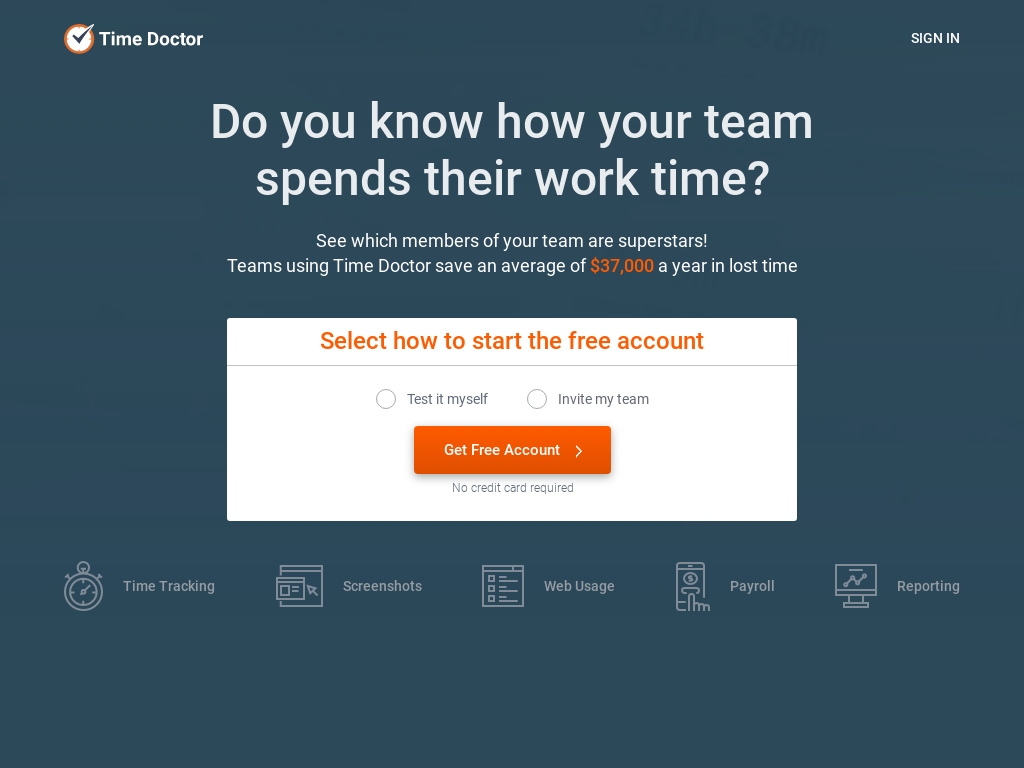
Employee Onboarding Software Success Stories [2025]
Streamlining your company's onboarding process can transform how new employees integrate and perform. Consider developing employee onboarding software. This business idea revolves around creating a software solution that guides new hires through every step of the onboarding process, from signing documents to understanding company culture.
Imagine a platform where new employees easily access essential information, complete paperwork, and learn about their roles—all while managers track progress in real-time. Efficient onboarding reduces the administrative burden, boosts new hire productivity, and enhances retention rates.
If you're inclined towards technology and human resources, this concept not only promises a rewarding challenge but also meets a real market need. With the right development and marketing strategy, you can position your software as an indispensable tool for modern workplaces, driving both employee satisfaction and business success.
In this list, you'll find real-world employee onboarding software success stories and very profitable examples of starting a employee onboarding software that makes money.
1. Time Doctor ($22M/year)
Liam Martin and his co-founder Rob Rawson conceived the idea for Time Doctor from a blend of personal frustrations and serendipitous encounters. Liam, who was struggling with managing remote tutors for his previous business, constantly faced disputes over billed hours and actual work done. His personal stress even led to serious health issues. Around this time, at South by Southwest, Liam met Rob, who had an early version of Time Doctor, developed for his internal team.
Intrigued by the potential of this tool to solve his own business issues, Liam saw a broader application for remote work management. Encouraged by their mutual experiences and a timely burst of entrepreneurial itch, they decided to refine the product together. They validated their concept by launching a beta version and eventually moved to a paid model, which revealed true user commitment and provided critical feedback. Throughout the ideation phase, they faced the challenge of balancing product development with market readiness and learned early the importance of charging for their tool to drive real user engagement and valuable insights.
How much money it makes: $22M/year
How many people on the team: 82


Discover how two founders transformed personal frustrations into Time Doctor, a bootstrapped SaaS juggernaut generating an impressive $22 million annually by leveraging strategic SEO, paid ads, and a focused remote work model.





Download the report and join our email newsletter packed with business ideas and money-making opportunities, backed by real-life case studies.

Download the report and join our email newsletter packed with business ideas and money-making opportunities, backed by real-life case studies.

Download the report and join our email newsletter packed with business ideas and money-making opportunities, backed by real-life case studies.

Download the report and join our email newsletter packed with business ideas and money-making opportunities, backed by real-life case studies.

Download the report and join our email newsletter packed with business ideas and money-making opportunities, backed by real-life case studies.

Download the report and join our email newsletter packed with business ideas and money-making opportunities, backed by real-life case studies.

Download the report and join our email newsletter packed with business ideas and money-making opportunities, backed by real-life case studies.

Download the report and join our email newsletter packed with business ideas and money-making opportunities, backed by real-life case studies.












